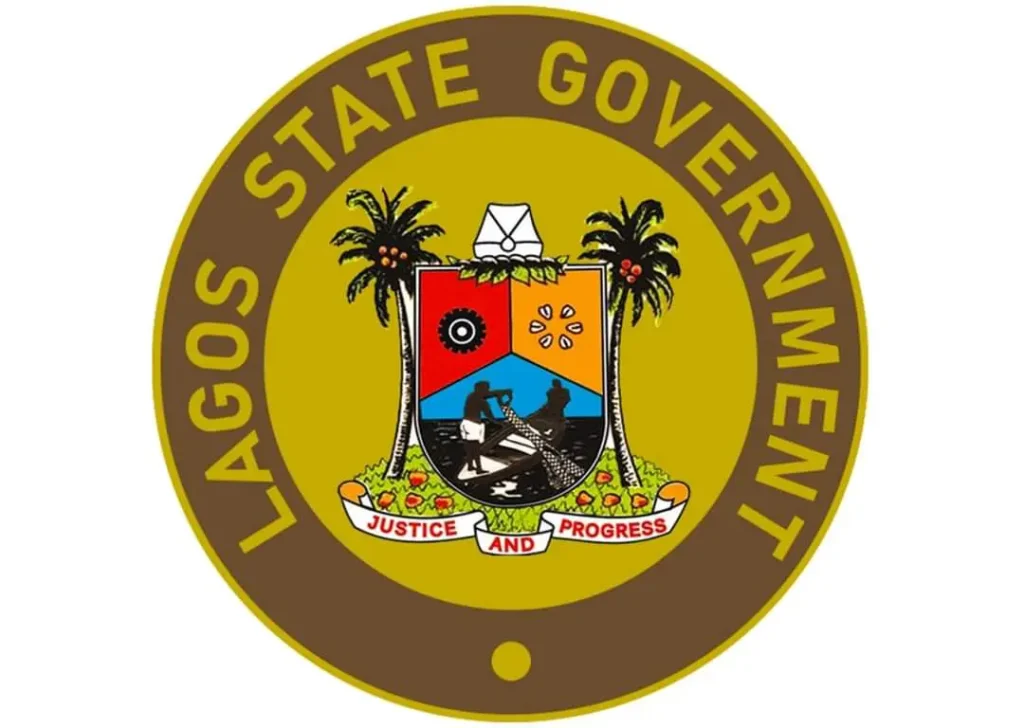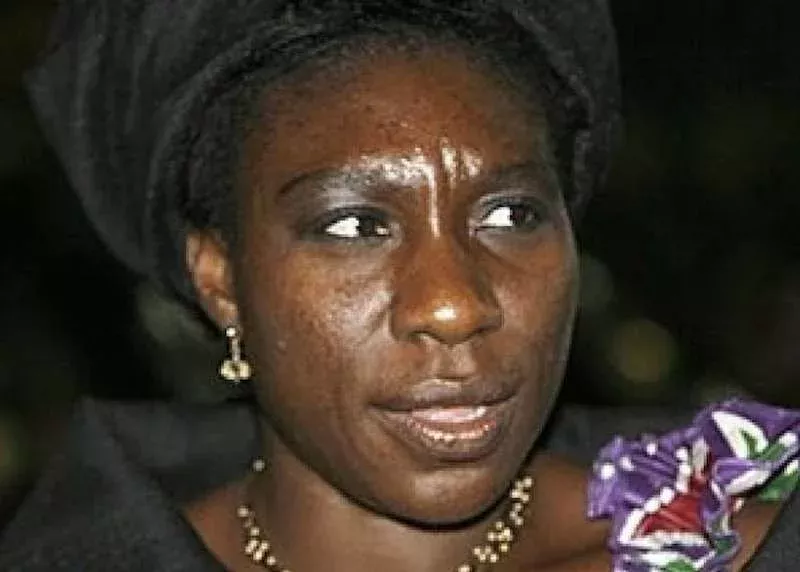Koforidua, Eastern Region, Ghana– The Ghana Health Service has held its 2024 town hall advocacy meeting on the elimination of Neglected Tropical Diseases (NTDs) in Koforidua. The meeting, themed “Advocacy for equity towards NTDs management: The role of stakeholders,” called for increased collaboration among various ministries and stakeholders to combat these diseases.
Dr. Winfred K. Ofosu, the Eastern Regional Health Director, highlighted that NTDs disproportionately affect the poorest communities, causing severe health issues such as blindness, lymphatic enlargement, and cognitive impairment. He emphasized the need for a collective effort to eliminate these diseases due to their significant social and economic burdens.
Dr. Ofosu outlined three primary strategies for combating NTDs:
- Mass Drug Administration (MDA): Conducting annual or bi-annual drug distribution in all endemic districts.
- Morbidity Management: Providing care and treatment for those already affected.
- Health Education: Raising awareness in all endemic communities.
Ghana faces 20 NTDs, including schistosomiasis, soil-transmitted helminthiasis, buruli ulcer, yaws, leprosy, scabies, and Human African trypanosomiasis. Dr. Ofosu noted that geographical conditions such as fast-flowing rivers, thick forests, and water bodies used for farming and swimming contribute to the high prevalence of these diseases in Ghana, particularly in the Eastern Region.
The Ghana Health Service aims to strengthen collaboration with agencies and stakeholders to fully implement these strategies and eliminate many NTDs.
Dr. John Ekow Otoo, Deputy Director of Public Health for the Eastern Region, presented on the region’s activities, including NTD surveillance, support to NGOs identifying skin NTDs, training for contact tracing, and treatment of leprosy cases. He reported that the Eastern Region identified 12 leprosy cases each in 2022 and 2023, with 11 cases successfully completing treatment. There were no child cases, deaths, or disabilities among new cases, and a single dose of Rifampicin was given to contacts.
Moving forward, the region plans to validate data after Mass Drug Administration and ensure accurate entry of NTD cases into the District Health Information Management System.
Mr. Joseph Opare, Programme Manager of the NTD Programme at the Ghana Health Service, outlined challenges in fighting NTDs, including inadequate funding, insecurity during field activities, and competition with other community-based programs. He urged the public to seek medical attention promptly if they notice any unusual symptoms.
Rev. Dr. Joyce Aryee, NTD Ambassador, stated, “This generation has a mandate to eliminate NTDs by 2030. With our concerted and interactive engagements at this advocacy event, we will identify practical, locally-led solutions towards NTD elimination goals.” She emphasized that efforts against NTDs contribute to universal health coverage and the Sustainable Development Goals (SDGs) for the Eastern Region, Ghana, and the world.



